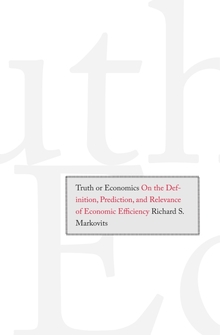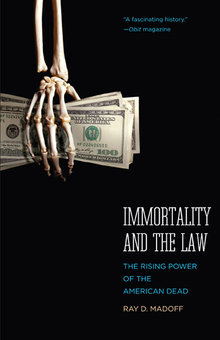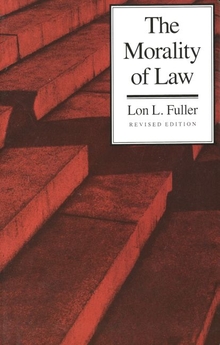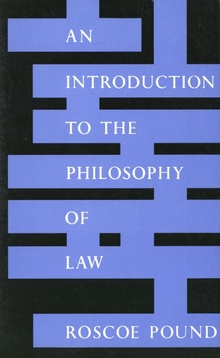The Faces of Injustice
WARNING
You are viewing an older version of the Yalebooks website. Please visit out new website with more updated information and a better user experience: https://www.yalebooks.com
Judith N. Shklar
How can we distinguish between injustice and misfortune? What can we learn from the victims of calamity about the sense of injustice they harbor? In this book a distinguished political theorist ponders these and other questions and formulates a new political and moral theory of injustice that encompasses not only deliberate acts of cruelty or unfairness but also indifference to such acts.
Judith N. Shklar draws on the writings of Plato, Augustine, and Montaigne, three skeptics who gave the theory of injustice its main structure and intellectual force, as well as on political theory, history, social psychology, and literature from sources as diverse as Rosseau, Dickens, Hardy, and E. L. Doctorow. Shklar argues that we cannot set rigid rules to distinguish instances of misfortune from injustice, as most theories of justice would have us do, for such definitions would not take into account historical variability and differences in perception and interest between the victims and spectators. From the victim's point of view—whether it be one who suffered in an earthquake or as a result of social discrimination—the full definition of injustice must include not only the immediate cause of disaster but also our refusal to prevent and then to mitigate the damage, or what Shklar calls passive injustice. With this broader definition comes a call for greater responsibility from both citizens and public servants. When we attempt to make political decisions about what to do in specific instances of injustice, says Shklar, we must give the victim's voice its full weight. This is in keeping with the best impulses of democracy and is our only alternative to a complacency that is bound to favor the unjust.
"A wonderfully perceptive and sharply argued meditation on injustice."—Michael Walzer, Institute for Advanced Study
"A provocative meditation on the meaning and the scope of human injustice—its varieties, its relation both to human psychology and to social and economic inequality."—Martha Nussbaum, New Republic
"An interesting, useful, and provocative exercise in moral philosophy."—Choice
"This book is a well-written, insightful analysis of the various dimensions of injustice."—Margaret Moore, Canadian Journal of Political Science
"Her provocative and wonderfully original essay argues that philosophy and common sense alike have failed to give injustice its due. . . . Shklar's book makes a number of important and highly original arguments about the nature of injustice and the political institutions we construct to deal with it. . . . The Faces of Injustice is just as valuable for the new questions it forces us to ask ourselves as for the insightful arguments it explicitly presents."—Bernard Yack, Michigan Law Review
"[The book] is rich, thoughtful, and provocative. . . . It challenges one to think in fresh ways about fundamental issues."—John Horton, Political Studies
"An extraordinarily provocative work."—Shirley Castelnuovo, Perspectives on Political Science
"Shklar deals with hugely important issues which have for too long been swept under the carpet of analytic philosophy, and she does an inestimable service in forcing us to confront the realities of life outside the confines of philosophical theories. . . . Her book deserves to be as influential as it is stimulating."—Susan Mendus, Utilitas
"These reflections on injustice by a distinguished political theorist are passionate, personal and admirably well-written. There are vivid examples from history, literature and contemporary events and art.. . . This book makes us pay attention to victims of many kinds, and raises questions that are not often enough discussed about moral psychology and moral sentiments."—Judith Baker, Dialogues
ISBN: 9780300056709
Publication Date: July 29, 1992
Publication Date: July 29, 1992
151 pages, 5 1/2 x 8 1/4













